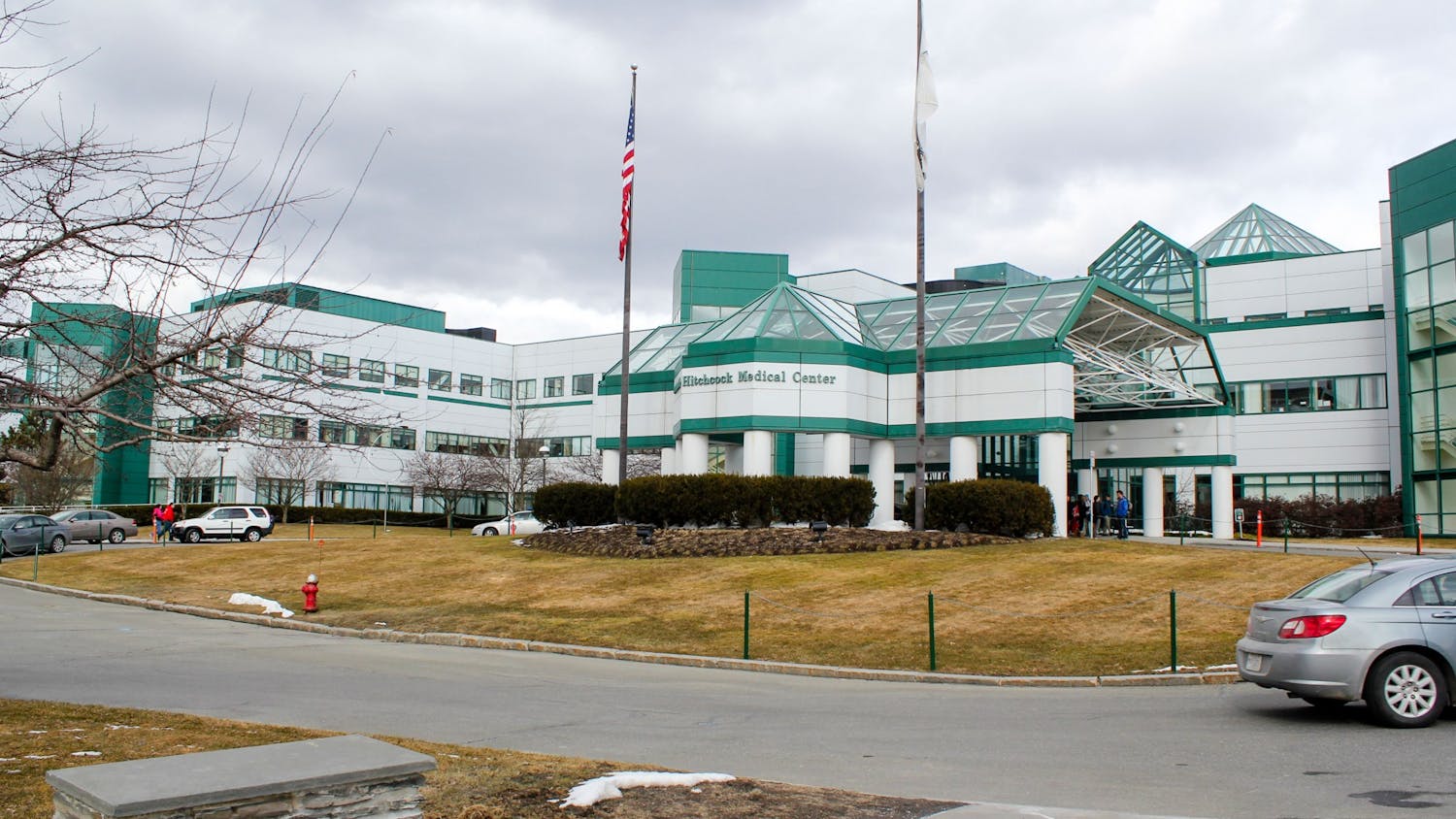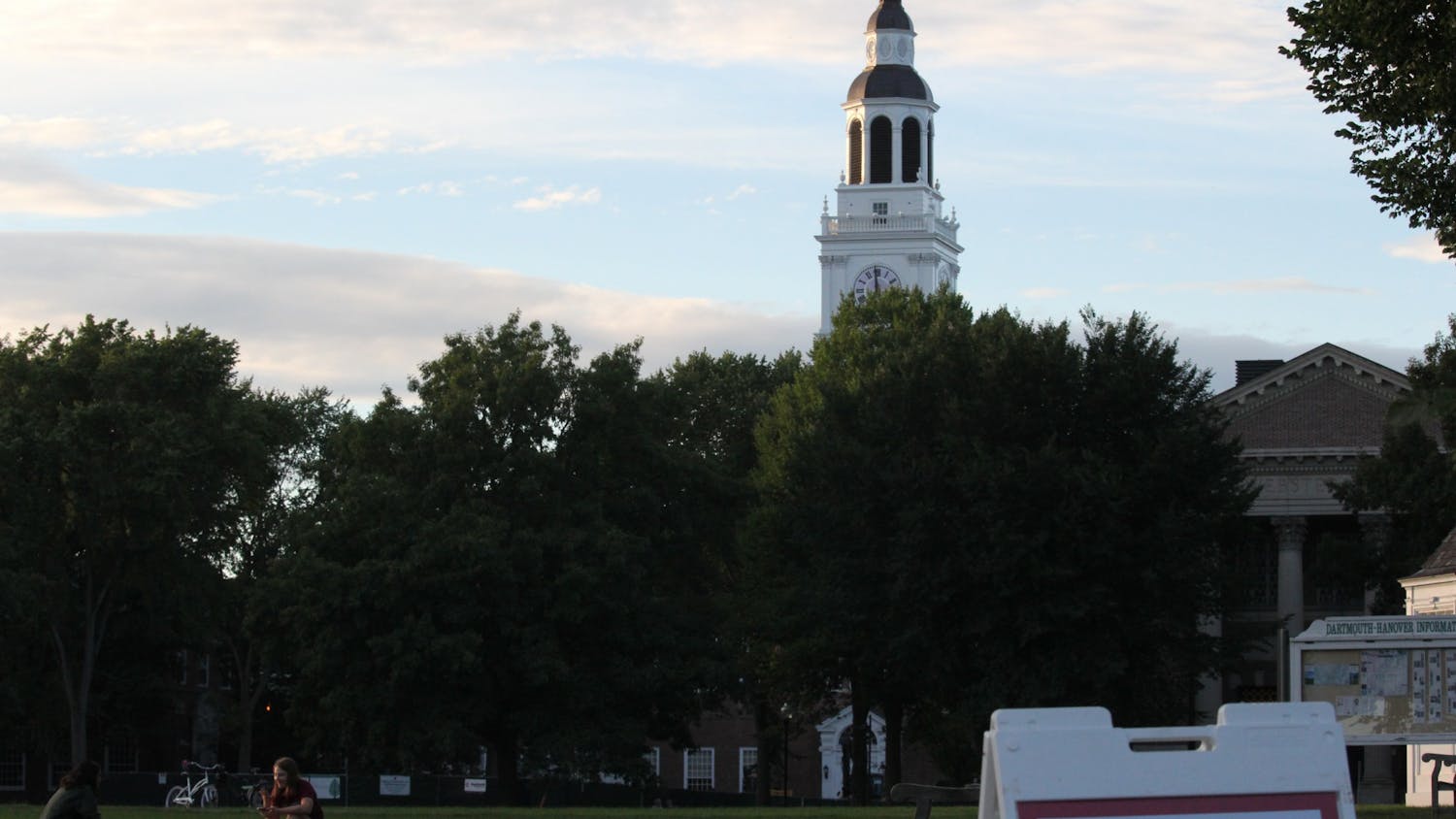In the leadup to fall term, the town of Hanover openly voiced its fears that the return of students would lead to a rise in the area’s otherwise low number of COVID-19 cases. For the stated reason of protecting safety of the town and the College, the Dartmouth administration has put in place a series of strict — albeit understandable — regulations on students’ lives. For example, on-campus students cannot gather in groups larger than nine people and cannot have guests in their dorm room unless they live in the same building. Additionally, classes remain almost exclusively online.
There are currently only two active student cases on campus, according to the College’s COVID-19 dashboard, and 19 active cases in all of Grafton County, according to the New Hampshire Department of Health and Human Services. Considering these low numbers, if an outbreak were to occur, the source would more likely be visitors from outside the Hanover area than people who currently live in the community, Dartmouth students included. For this reason alone, the College’s and town’s sole focus on students as the source of potential cases is illogical. The College obviously does not have jurisdiction over everyone who visits Hanover, but it does possess a capacity for influence over a specific faction of visitors: potential students and their families. For the College to not address the threat of touring families would be foolish, considering it has the power to do so.
While the College is officially closed for tours, potential students have still been making the trip to Hanover for self-guided visits. Throughout the term, teenagers and their parents posing for pictures in front of Dartmouth Hall and Baker-Berry Library have been a common sight. While a walk through campus seems harmless, these families are also staying overnight, eating locally and going into Hanover shops. Unlike on-campus students who went through an initial quarantine period and are being tested weekly, these visitors are unmonitored and come from all across the country. Thus, they are more likely to pose a risk to the town and in turn, to the College.
It is true that potential students face a major predicament: How does one decide to go to, or even apply to, a college without having visited it? Their wish to see Dartmouth is not to blame.
While potential students are certainly in a tough spot, this does not qualify the threat of visitors to go unnoticed. Especially in light of its current sanctions on students, the administration should acknowledge other COVID-19 threats to the region, including unofficial campus tours. Even if on-campus students follow the College’s rules to the tee, COVID-19 entering the Hanover community may ultimately be out of their hands. All it would take to burst the bubble is one out-of-town visitor entering with the virus. Even within the community, there are several other groups to consider as potential sources of COVID-19, like Hanover High students or residents who commute to cities outside the Upper Valley for work. The administration must at least publicly acknowledge this reality, if not attempt to address it; students should not have to shoulder a blame that realistically falls onto many other groups of people.
The College is currently offering a series of information sessions, virtual tours and student chat opportunities on the “visit” section of the admissions website in order to help and encourage students to do their college research from home, rather than in person. As an additional measure, it would ultimately be in the College’s best interest to put out stronger messaging — whether on social media or as part of the prospective student mass emails — about refraining from visiting in person. Releasing a statement explicitly telling prospective students not to visit for the time being may seem extreme, but if it would help increase the chances of students remaining on campus throughout the fall and returning in the winter, it is qualified. The College needs to attract potential students, but not at the risk of the current students on campus.



